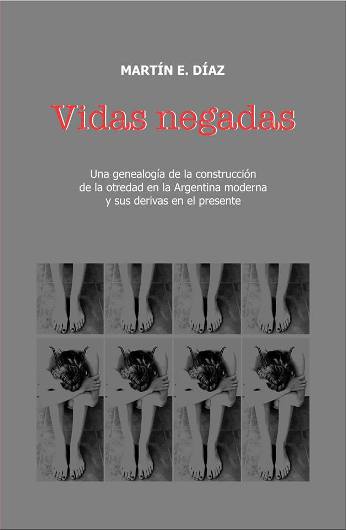Aproximaciones a vidas negadas: una genealogía de la construcción de la otredad en la argentina moderna y sus derivas en el presente
Keywords:
anatomo-politics, biopolitics, euro argentinian race, othernessAbstract
This review is about the book “Vidas negadas: una genealogía de la construcción de la otredad en la Argentina moderna y sus derivas en el presente”, written by the Doctor in philosophy Martín Díaz, published in 2016 by PubliFadecs. The originality of the author's approach is in his use of the conceptual and methodological contributions of Michel Foucault to show the specificities, paradoxes and contradictions involved in the consolidation processes of the modern Argentine state (in the period between 1880 and 1920). Working with documentary sources, from an archaeological-genealogical approach) he analyzes the anatomopolitical and biopolitical strategies deployed in pursuit of the construction of a "Euro-Argentine" race and, whit it, the formation of a "healthy and productive nation’s body".Díaz’s philosophical work aims to shows how these strategies gave rise, at the same time, to their reverses, to lives understood in terms of otherness. He also analyzes, through these concepts, the role of vernacular intellectuals in the reception and production of knowledge and public policies in pursuit of these objectives. But, avoiding totalizing interpretations and starting from the Foucault’s analytics, invites us to simultaneously consider the rebellions and resistances that arrise along with any type of power, in the past and in the present. The book leads us to think about this in a genealogical key (in terms of recurrences and discontinuities), and to ask ourselves: What are the figures of otherness today? Where do imaginaries come from such as 'poverty is a phenomenon inextricably associated with crime'? How do these corporalities resist? This bodys are escape lines of an individualizing and totalizing power, fissures of the power devices, living evidences of their incompleteness and fallibility.
Finally, we point out that Díaz shows the centrality of the colonial and neocolonial question wich are at the basis of these processes, and characterizes -geopolitically- the liberal art of government of bodies and populations as a framework in which these are to be understood.
Downloads

Downloads
Additional Files
Published
Issue
Section
License
Authors who have publications with this journal agree to the following terms:
a. Authors will retain their copyright and grant the journal the right of first publication of their work, which will simultaneously be subject to the Creative Commons Attribution License that allows third parties to share the work as long as its author and first publication in this journal are indicated.
b. Authors may adopt other non-exclusive license agreements for distribution of the published version of the work (e.g., deposit it in an institutional telematic archive or publish it in a monographic volume) as long as the initial publication in this journal is indicated.
c. Authors are allowed and encouraged to disseminate their work through the Internet (e.g., in institutional telematic archives or on their web page) after the publication process, which may produce interesting exchanges and increase citations of the published work (see The effect of open access).

